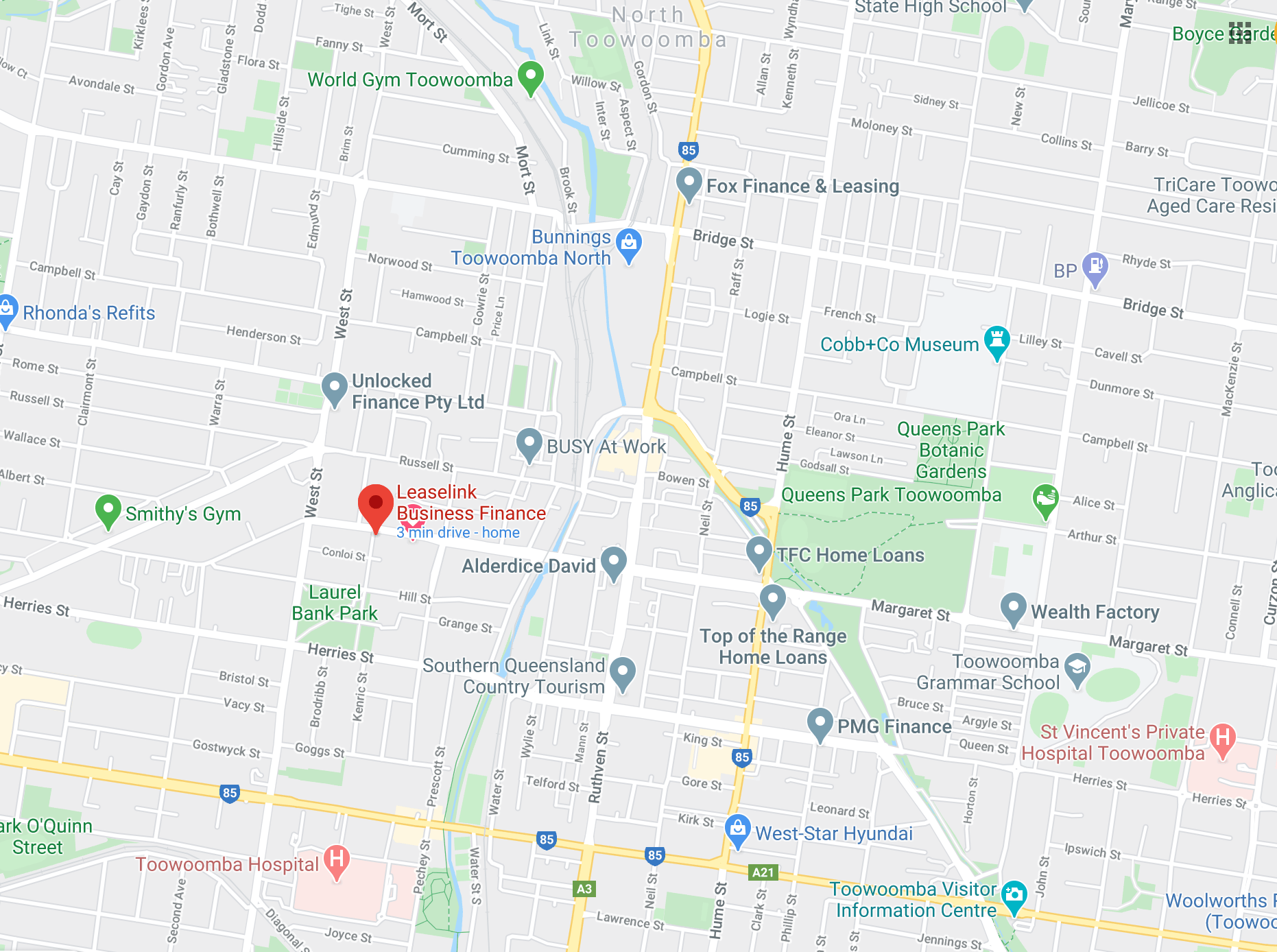What You Should Know About Small Business Loans
Running your own business can be a rocky road, especially when you're just starting out. You need to figure out all things that get a business running, not least of all money.
A business loan can be necessary to fund the start of your business and, for many, can make or break it before it even really begins. So, when you’re looking for a loan, it’s very important you find the right one for you.
Here a few things to think about:
Which Type of Loan?
There are multiple types of loans, each with their benefits and drawbacks. Here are the most common kinds of loan for a sole trader:
- Line of Credit - Instead of a lump sum that must be repaid, a line of credit is a certain amount of credit you lender makes available to you to use as needed. Usually, you need only pay interest on the money you take from this line of credit.
- Fixed Rate Loan - When you take out a loan, it has a rate at which it builds interest. A fixed rate is set by the lender for a certain period of time (e.g. one year) and during that time the interest rate cannot change.
- Variable Rate Loan - A variable rate loan means that the interest rate can be changed by the lender each month, depending on the market. Should the market change, your repayment may go up or down.
- Secured Loan - A secured loan requires you to put up an asset you own as collateral, such as your home. Should you fail to repay the money you owe, the lender takes possession of the asset to recoup their losses.
- Unsecured Loan -
An unsecured loan does not require you to put up anything as collateral.
Interest Rates
When you borrow money, you don’t just pay back the money you borrowed. Over time, the loan accumulates interest, which you also must repay as the price for borrowing this money.
This is perhaps the most important part of taking out a loan as it determines exactly how much you are going to have to pay. It’s crucial to not only learn the interest rate, but how often this rate is calculated. Weekly, bi-weekly or monthly?
Short or Long Term
A short term loan will usually require you to make a full repayment within a few months, whereas a long term loan can last decades.
Shorter loans will require larger payments to pay it all back in time, however this also gives it less time to accumulate interest.
On the other hand, a long term loan will allow for lower repayments but will build up much more interest, significantly increasing the overall amount you pay.
Additional Charges
As well as having to pay the loan back, there will almost always be some additional charges that need paying related to the loan, including:
- Application Fees - You will almost always have to be some kind of one-time upfront fee when applying for the loan. This may be a set fee given to all borrowers, or it may be a percentage of the overall loan.
- Late-Payment Fees - Should you fail to make a repayment, or pay it back late, you will be charged a late-payment fee.
- Early-Payment Fees - Sometimes, there is also an additional charge for making a payment early.
- Service Fees - The service fee is paid in compensation for the time and effort made by the lender for keeping a record of payments, principal, interest and the like.
- Bounced-Payment Fees - A penalty may be applied each time a repayment is declined as a result of having insufficient funds to pay it back.
Looking for a loan? Want to speak with someone who can take you through all the ins and outs?








